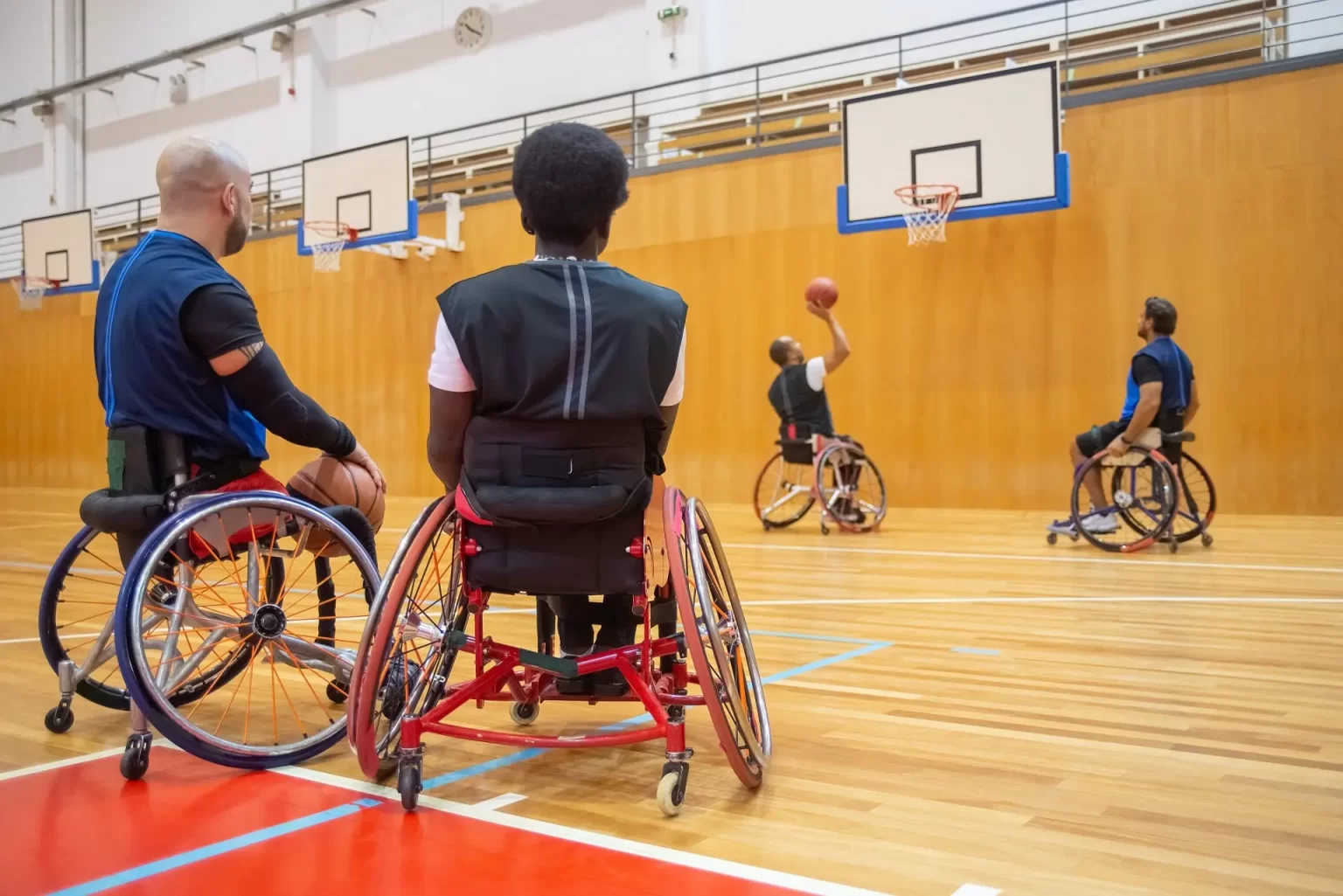National Day of Struggle for People with Disabilities is September 21st. How about taking advantage of the date to find out more about Paralympic sports? Since the Paralympic Games began to be held in Rome in 1960, there have been some changes to the adapted sports program. Today the para-athletes face each other in 22 sports in the summer edition and another 5 in the winter edition.
The categories are determined according to the functional classification of the athletes. The division of participants is done by taking into account the degree of disability of each one so that there is greater equality between participants.
Who is Daniel Dias, Brazil’s greatest Paralympic medalist?
Each sport has its own classification criteria, as the impact of a disability can influence the result of one sport more than another. This classification is generally indicated with a letter, referring to the sport or disability, and a number, referring to the level of the disability.
In athletics, the categories that begin with the letter T refer to the track, and with F, to the field. The numbers can range from 11 to 13, for visually impaired people, or from 61 to 64. For lower limb amputees with prostheses, for example.
In wheelchair basketball, the classification is a little different. Athletes receive numbers from 1 to 4.5, referring to each one’s motor impairment. The total number of points of the 5 players on the court during the game cannot exceed 14 points.
Some modalities are very similar to those played by athletes without disabilities. Such as swimming, while others are simply inspired, such as 5-a-side football. Played by athletes with visual impairments, and sitting volleyball. For those who have limited movement in their limbs. lower. Goalball is a sport developed especially for PWDs.




